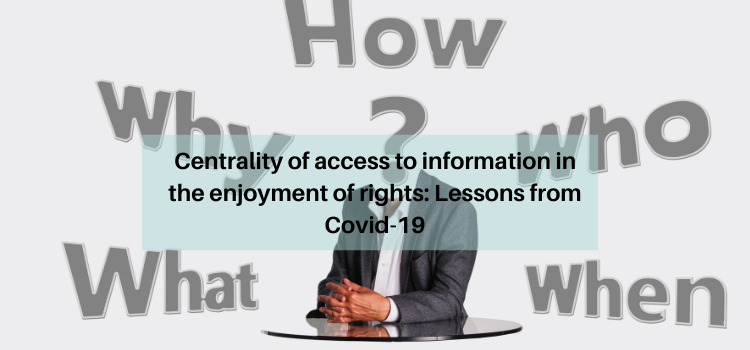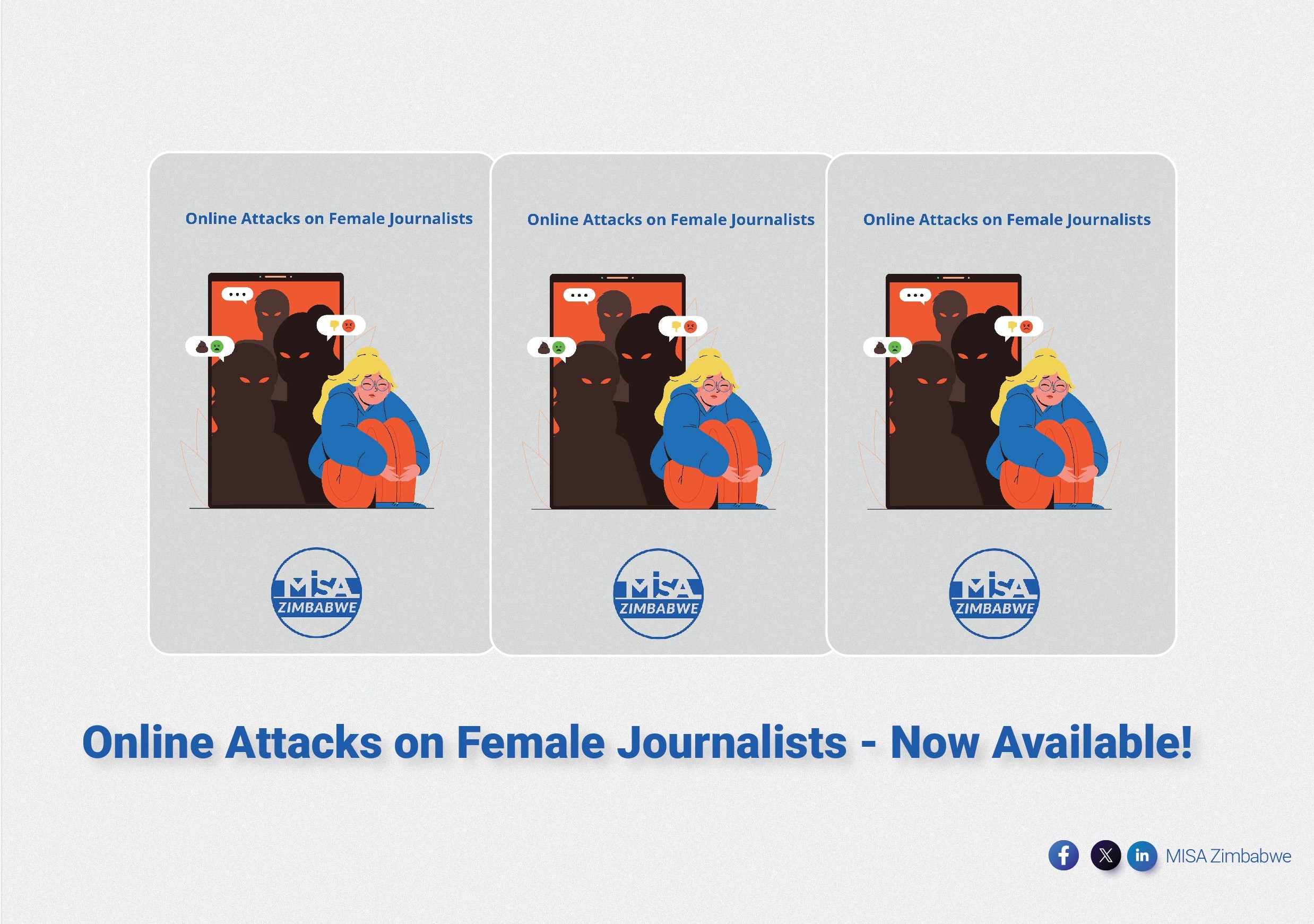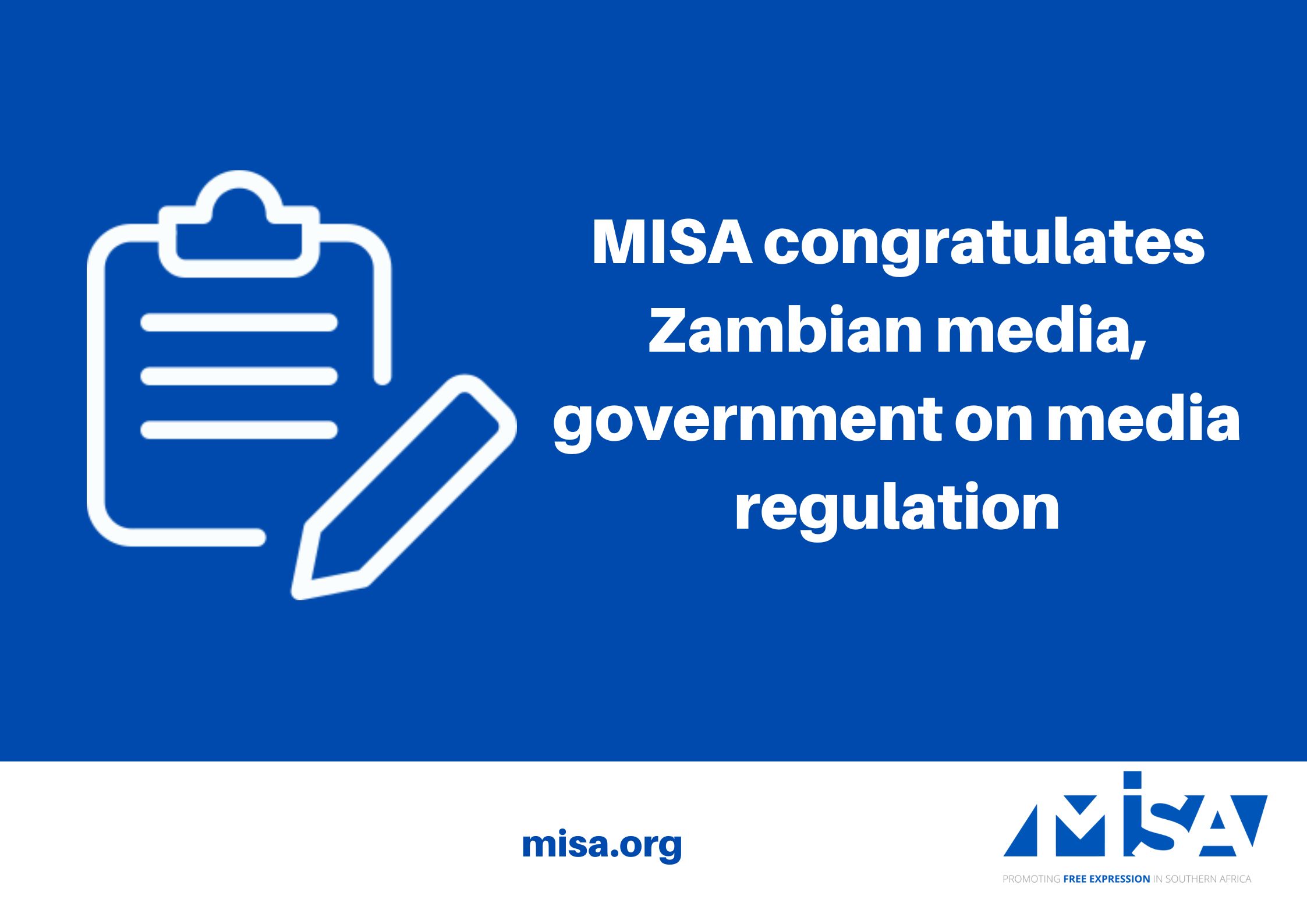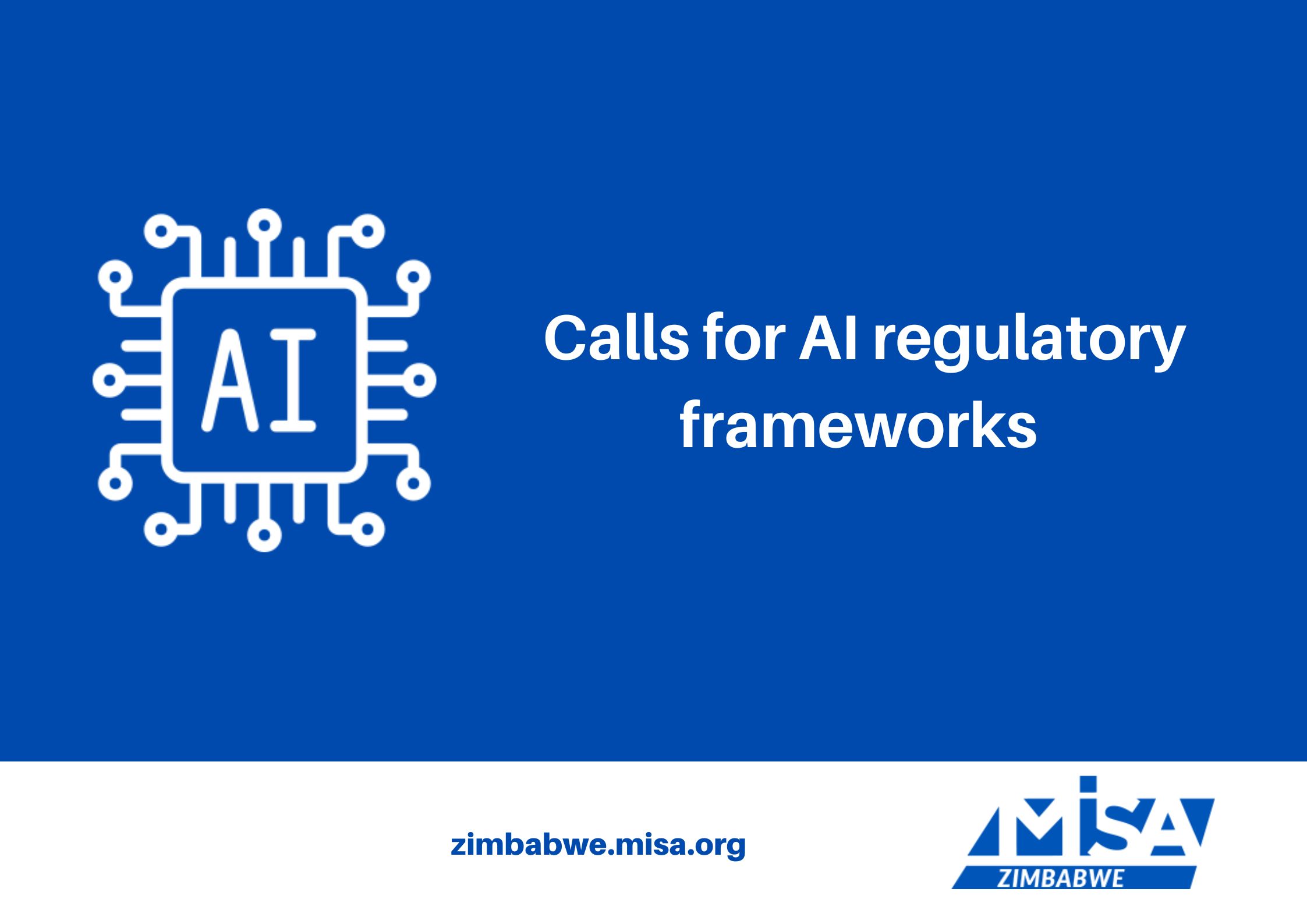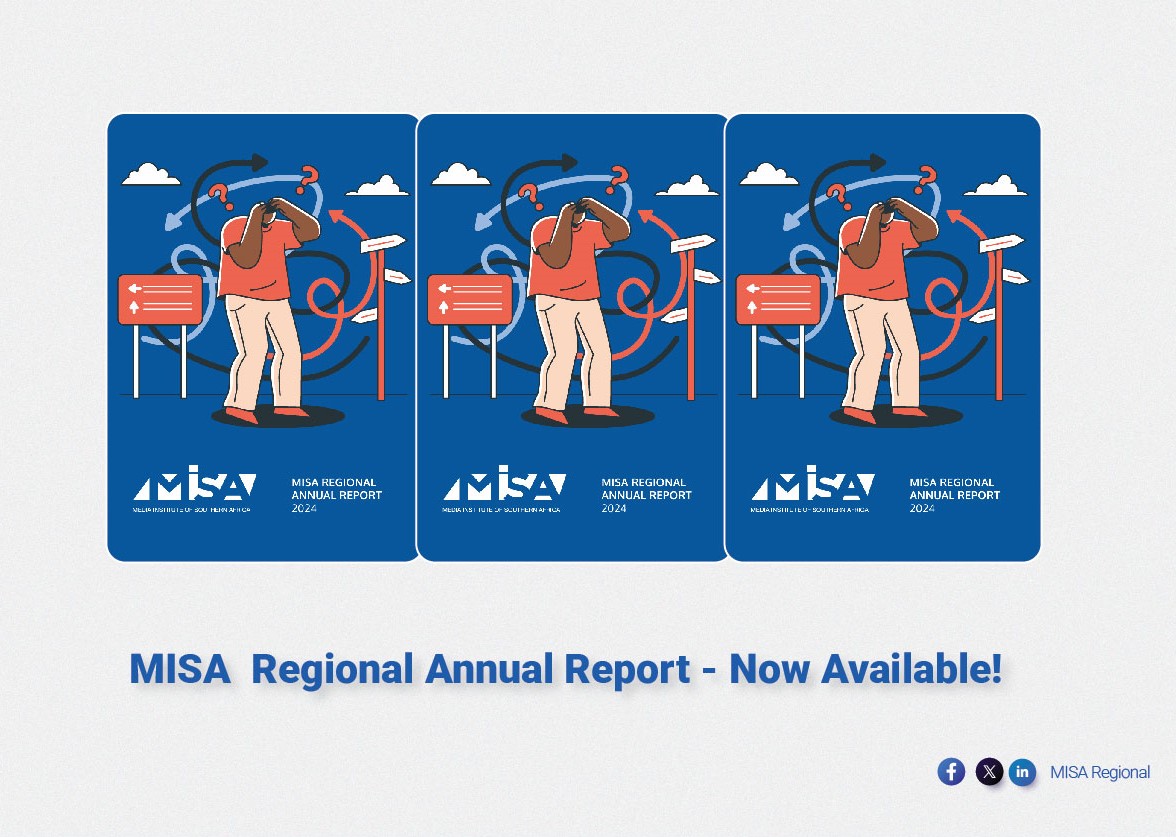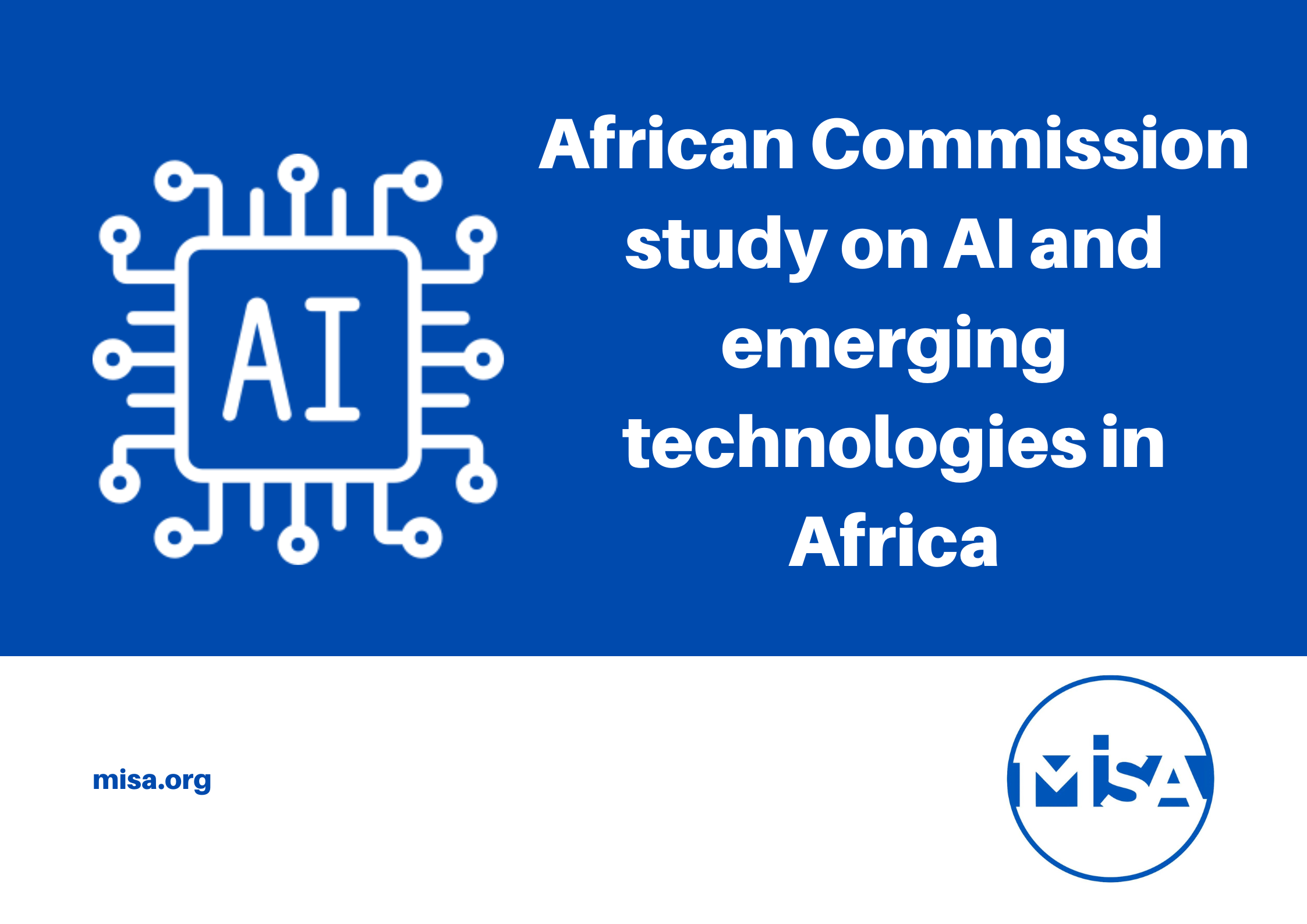By Jacqueline Chikakano
The advent of the Covid-19 pandemic across the globe has brought out a multitude of takeaways and focus on various issues.
The centrality of access to information in this pandemic cannot be overlooked, in particular, as it relates to timeliness, relevance and adequacy of information.
As narratives about the impact of the virus in China spread, horrific accounts of how people were dying in hordes hogged social and other online media putting many in other parts of the world in a state of panic.
Confusion and despondency also reigned over various issues, ranging from how the virus was transmitted and the nature of protective equipment required.
For a while, social media narratives on how the N95 Mask was the only type of mask that could effectively prevent transmission, that it was in short supply and costly beyond the reach of many, circulated.
This exacerbated panic even in countries such as Zimbabwe where the virus was yet to hit the country.
Social media reports about the pandemic over time became more harrowing, varying and confusing, leading some people to temporarily shun related information passed through social media for sanity’s sake.
Society was clearly facing a crisis of information on this pandemic; authentic and timely information, in particular, and Zimbabwe was no exception.
It soon became apparent to many stakeholders and governments, that proactive and regular information dissemination on the pandemic, including on what governments and individuals needed to do, was a matter of priority.
Against this background, the United Nations Education, Scientific and Cultural Organisation’s 2020 theme for the International Day for Universal Access to Information: Access to Information – Saving Lives, Building Trust, Bringing Hope, could not have come at a better time.
The theme emphasises some of the key values of access to information and amidst this Covid-19 pandemic. It can only be hoped that the world now has a heightened appreciation of the role that timely, relevant and adequate information plays with respect to saving lives.
For many years, the role of access to information in promoting democracy and the enjoyment of other civil and political rights has been overly emphasised.
While equally critical, this has, however, overshadowed other critical values that access to information has.
It is, however, high time that its much broader value is appreciated and amplified including in facilitating the enjoyment of other fundamental rights such as health and life.
This recognition must, however, be reflected in laws, policies and particularly in the measures put in place in implementing such.
For Zimbabwe, this year’s commemorations on September 28 – International Day for Universal Access to Information, come amidst a sense of hope, and for some, cautious excitement over the passing of the Freedom of Information Act (FOI)in July 2020.
This comes after protracted contestations and engagements between freedom of expression and access to information advocates and the Executive and Parliament, on the need for the repeal of the Access to Information and Protection of Privacy Act (AIPPA) to make way for a more democratic and progressive legal framework.
Expectations are high that the FOI Act will practically and meaningfully enhance access to information by all stakeholders, ordinary citizens included and that it will not be viewed and used negatively as a tool to deny people, related fundamental rights.
The value of timeliness in the dissemination of information as well as the proactive disclosure of information is well amplified by the world’s experiences with the Covid-19 virus.
The timeframe within which information was disseminated, literally became a matter of life and death for some.
It is, thus, encouraging that section 8 (2) of the FOI Act provides for a 48-hour turnaround time in instances where a request relates to information which appears to be necessary to safeguard the life or liberty of a person.
It can only be hoped that this COVID-19 scenario facing the world and how critical information is in such situations, can motivate the Executive’s support to ensure effective implementation of this Act towards more efficient access to information and dissemination framework.
Recommendations
- The new FOI law [Section 5] positively obligates information holders to have in place a written information disclosure policy through which they disclose information which is in the interest of public accountability or if required for the protection of a right. This obligation, however, applies to public entities only and does not extend to private entities from whom, information required for the protection or exercise of a right can also be obtained [Section 62(2)-Constitution of Zimbabwe]. While information can be accessed from “entities” which include public and private bodies, the Act is silent on critical aspects with respect to accessing information from private entities such as these. Section 7 of the Act, which speaks to requests for access to information, also does not outline how information will be requested from private entities as is done with public entities. This is of concern and can potentially curtail the extent to which persons can make use of this law where information is held by private bodies.
Policymakers will have to look closely on this issue, testing how effective this law is in facilitating access to information from private entities and coming up with modalities of enhancing this framework.
Aside from the aforementioned areas of concern, it is imperative that time be given to allow the framework outlined in the FOI Act to be put to practice.
Once a holistic assessment of how the framework works in practice has been made, only then can a comprehensive picture of the extent to which it facilitates the enjoyment of the right of access to information is made as well as pointers on issues for further reform.
- In order to promote the effective use of and adherence to the FOI Act, it is imperative that a full appreciation of the import of the law and the scope of the right that it is based on and regulates, be shared amongst citizens and relevant stakeholders. Lack of such appreciation proved to have contributed to how the right to information and AIPPA were poorly upheld by information holders. For the same reason, the law was also poorly utilised by citizens. It is therefore imperative that the government and CSOs (civic society organisations), invest time, financial and other resources, to enhancing awareness and appreciation of the FOI Act as envisioned in Section 3 of the Act.
- Furthermore, where possible, the government and CSOs should complement each other in popularising this law as well as testing its effectiveness.
Jacqueline Chikakano is a Zimbabwean lawyer.




